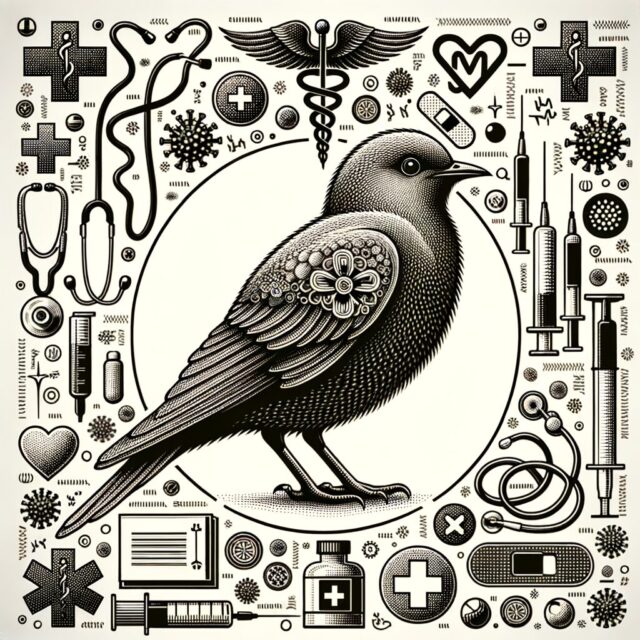Remember the bird flu scare from a few years back? Well, it’s making headlines again, but don’t panic just yet. The Centers for Disease Control and Prevention (CDC) is on the case, investigating whether our current stockpile of bird flu vaccines can still outsmart the latest version of the H5N1 virus. It’s like when your smartphone needs an update to keep up with the latest apps – our vaccines might need a tweak to stay ahead of the game.
Here’s the scoop: scientists spotted some genetic changes in virus samples from three infected people in California. This could mean our current vaccines might not be as effective as we’d like. It’s a bit like when you finally master a video game, only to find out there’s a new, trickier level. The US has seen 20 human infections this year, mostly among people working closely with sick animals. But before you start eyeing your neighbor’s pet chicken suspiciously, the CDC assures us that the risk to the general public is still low, and there’s no sign of the virus spreading between humans.
So, what’s the game plan? The government isn’t taking any chances. They’re beefing up the vaccine stockpile to 10 million doses by early 2025 – that’s like having a really well-stocked first-aid kit, just in case. They’re also backing Moderna (yes, the same folks who brought us one of the COVID vaccines) in developing a new mRNA bird flu vaccine. Think of it as upgrading from a flip phone to a smartphone in the world of vaccines.
While we wait for these developments, the CDC is stepping up its surveillance game. They’re even piloting a program with pharmacies to offer flu tests that could lead to additional bird flu testing if positive. It’s like having more security cameras in a store – the more we watch, the quicker we can spot and respond to any problems. So, while there’s no need to lose sleep over this, it’s good to know that our health guardians are staying vigilant. After all, when it comes to public health, it’s better to be the early bird that catches the worm!





